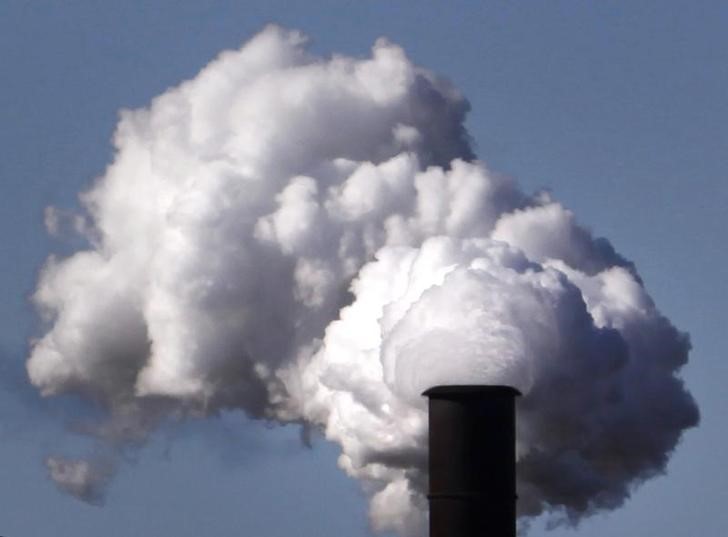Trump meets Zelenskiy, says Putin wants war to end, mulls trilateral talks
By Angela Ukomadu and Seun Sanni
LAGOS, April 22 (Reuters) - In a district of Lagos,
Nigeria's megacity, a group of teenagers wade through a mass of
plastic bottles, food containers and bags that have blocked a
waterway. Wearing gloves and masks, they pick up the discarded
plastic and drop them into refuse bags.
Their aim is to enable water to flow around the waterway
that was constructed to prevent flooding in the city's Sangotedo
district, while raising awareness of the problems caused by
single-use plastic.
"We need to start now because in a few years it's going to
be too late to do anything," said Esohe Ozigbo, the 15-year-old
climate change activist who leads the group of youngsters, on
the need to address environmental issues.
Plastic waste is ubiquitous in Lagos, the commercial capital
of Africa's most populous country with a population of more than
20 million people, where dropping litter is commonplace.
To reinforce their message about the extent of the waste in
Lagos, Ozigbo and her fellow activists attach plastic to fabric
to create garments they wear in their annual "Trashion Show".
Greenfingers Wildlife Initative, a non-profit conservation
group funded by donations, works with young people to stage the
shows in shopping malls. The goal is to "mix creativity with
advocacy", said the organisation's founder, Chinedu Mogbo.
"Rather than just taking everything maybe to a dumping
site... we decided to spruce things up and start the Trashion
Show," he said.
In the car park of a Lagos shopping mall in early April,
shoppers watched teenagers clad in multicoloured shopping bags,
rubbish sacks and plastic bottles.
Ozigbo, who cites Swedish teenage climate activist Greta
Thunberg as her inspiration, said she hoped the shows made
shoppers think about their actions.
"We are just teenagers but we are trying to ... make a
change in the world," she said.
